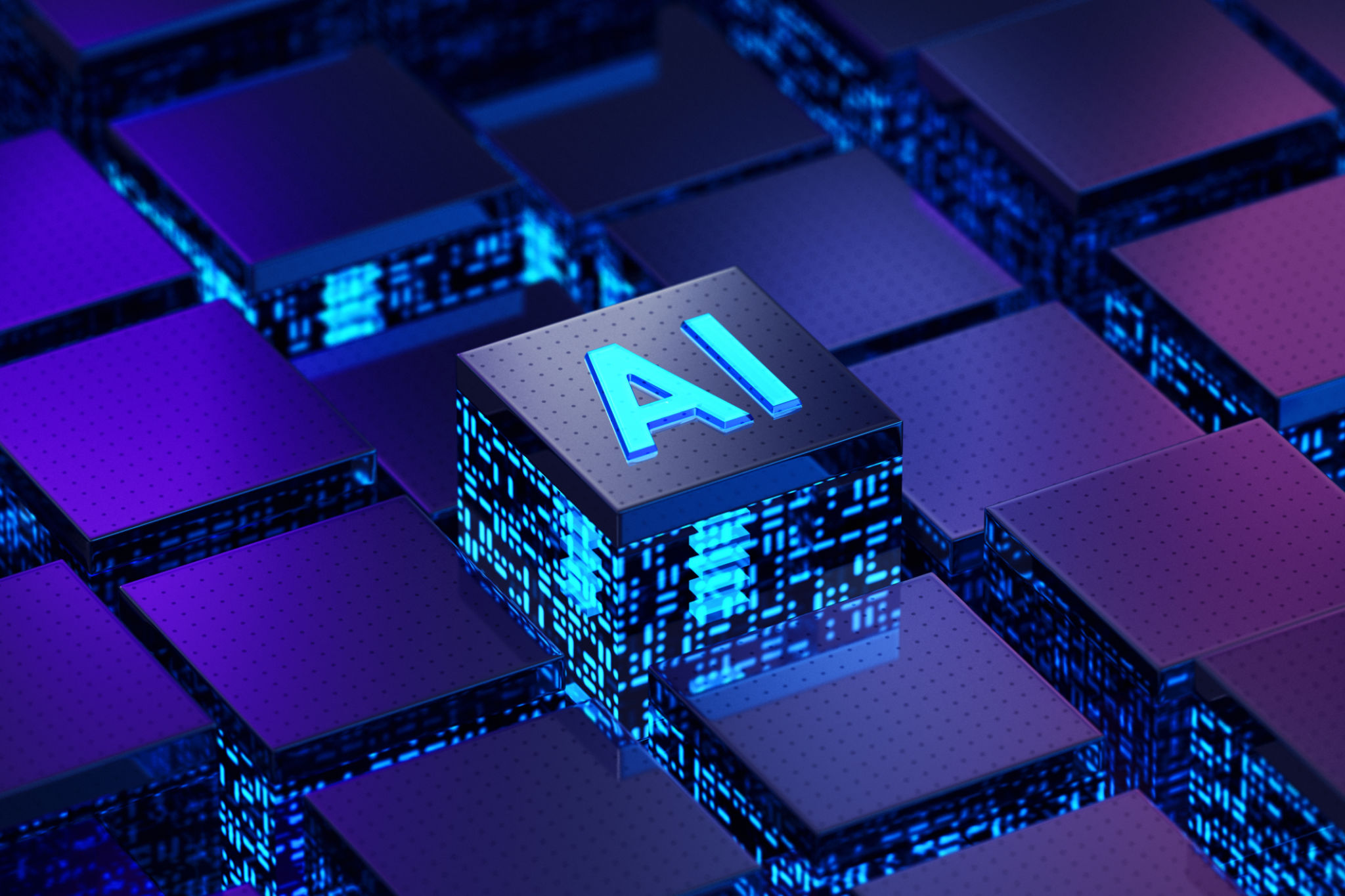How AI and Blockchain are Transforming Real World Asset Management
Introduction to AI and Blockchain in Asset Management
The landscape of asset management is undergoing a significant transformation, thanks to the advent of Artificial Intelligence (AI) and Blockchain technology. These cutting-edge technologies are not only enhancing the efficiency of managing assets but also providing unprecedented levels of transparency and security. As the financial industry continues to evolve, understanding how these technologies are applied is crucial for investors and businesses alike.

AI's Role in Asset Management
Artificial Intelligence is revolutionizing asset management by offering insights that were previously unattainable through traditional methods. AI systems can analyze vast amounts of data at high speeds, providing asset managers with valuable predictive analytics. This capability enables them to make informed decisions about asset allocation, risk management, and investment strategies.
Moreover, AI-driven algorithms are being used to automate routine tasks, freeing up human resources for more strategic activities. From portfolio optimization to fraud detection, AI is streamlining operations and reducing costs significantly. As a result, asset managers can offer more personalized services to their clients, enhancing customer satisfaction and loyalty.
Blockchain: Enhancing Transparency and Security
Blockchain technology is another game-changer in the realm of asset management. Known for its decentralized nature, blockchain provides a transparent and immutable ledger of transactions. This feature is particularly beneficial for real-world asset management, where transparency and security are paramount.

By utilizing blockchain, asset managers can ensure that all transactions are recorded accurately and securely, reducing the risk of fraud and errors. Additionally, blockchain facilitates quicker settlement times and streamlines processes such as asset transfer and ownership verification. This efficiency not only reduces operational costs but also enhances trust among stakeholders.
The Synergy Between AI and Blockchain
When combined, AI and blockchain create a powerful synergy that transforms asset management. AI can be used to process and analyze data on the blockchain, providing deeper insights and enhancing decision-making processes. For example, AI can identify patterns and trends from blockchain data that might not be immediately apparent to human analysts.
This combination also enables the creation of smart contracts, which are self-executing contracts with the terms of the agreement directly written into code. Smart contracts can automate various aspects of asset management, from payments to compliance checks, further streamlining operations and reducing manual intervention.

Real-World Applications in Asset Management
The integration of AI and blockchain is already making waves in several real-world applications. In real estate, for instance, these technologies are being used to digitize property records, making them more accessible and secure. Investors can benefit from faster transactions and greater transparency in property dealings.
In the supply chain sector, AI and blockchain are employed to track assets in real-time, ensuring accountability and efficiency in logistics operations. By leveraging these technologies, companies can reduce waste, improve inventory management, and enhance overall supply chain performance.
Challenges and Considerations
Despite the promising benefits, there are challenges to consider when implementing AI and blockchain in asset management. One major concern is data privacy, as the vast amounts of data processed by AI systems need to be protected from unauthorized access. Additionally, the integration of these technologies requires substantial investment in infrastructure and training.
Regulatory compliance is another consideration, as both AI and blockchain operate in rapidly evolving legal landscapes. Asset managers must stay informed about regulations affecting their use of these technologies to ensure compliance and avoid potential legal pitfalls.
Future Outlook
The future of asset management looks promising with the continued evolution of AI and blockchain technologies. As these technologies become more sophisticated and accessible, their impact on asset management will likely expand. Emerging trends such as decentralized finance (DeFi) are set to further disrupt traditional asset management practices.

Businesses that embrace these innovations stand to gain a competitive edge by offering more efficient, secure, and transparent asset management services. As such, staying ahead of technological advancements is imperative for industry leaders aiming to thrive in this new era.
Conclusion
The transformation brought about by AI and blockchain in real-world asset management is undeniable. These technologies offer numerous benefits, from enhanced decision-making capabilities to improved security and transparency. As they continue to mature, their integration into asset management practices will pave the way for new opportunities and efficiencies in the industry.
